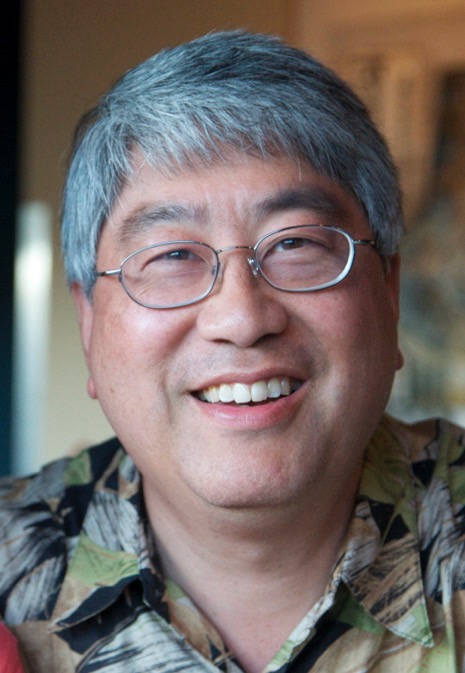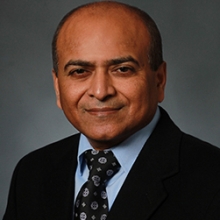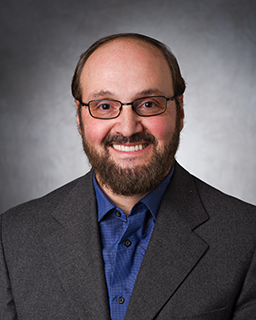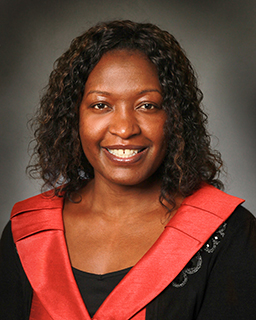Honavar
Vasant Honavar
- Professor and Edward Frymoyer Chair of Information Sciences and Technology
- Associate Director, Institute for Computational and Data Sciences
- ICDS Co-Hire
Department: Information Sciences and Technology
Office: 301A Westgate Building, University Park
Email: vuh14@psu.edu
Phone: 814-865-3141
Research Focuses: Artificial intelligence, machine learning, data mining, big data analytics, bioinformatics and computational molecular and systems biology, discovery informatics, knowledge representation and semantic web, applied information integration and informatics
Website: Visit Vasant's Website
Biography:
Dr. Vasant G. Honavar is the Edward Frymoyer Endowed Professor of Information Sciences and Technology, and an Associate Director of the Institute for Computational and Data Sciences at Penn State. He is a member of faculties of the graduate programs in Computer Science and Engineering, Bioinformatics and Genomics, Informatics, Operations Research and Neuroscience and a founding member of the undergraduate program in the Data Sciences. Dr. Honavar received a Ph.D. in computer science from the University of Wisconsin-Madison, specializing in artificial intelligence. Dr. Honavar is an expert in artificial intelligence (AI) (machine learning, knowledge representation, causal inference), information integration, big data analytics, as well as applications in bioinformatics and health informatics. His research, funded by grants totaling over $60 million during 1990-2020 (documented in over 300 peer-reviewed publications, with over 14,500 citations, h-index =57), has resulted in foundational contributions in scalable approaches to learning predictive models from (distributed, heterogeneous, multi-modal, longitudinal, and ultra high-dimensional) big data; eliciting causal information from observational and experimental data; selective sharing of knowledge across disparate knowledge bases; representing and reasoning about preferences; composing complex software services from components; and applications in bioinformatics and systems biology (including characterization, analysis, and prediction of protein-protein, and protein-RNA interfaces, interactions, and complexes, analyses of biomolecular and brain networks, integrative analyses of multi-omics data).








